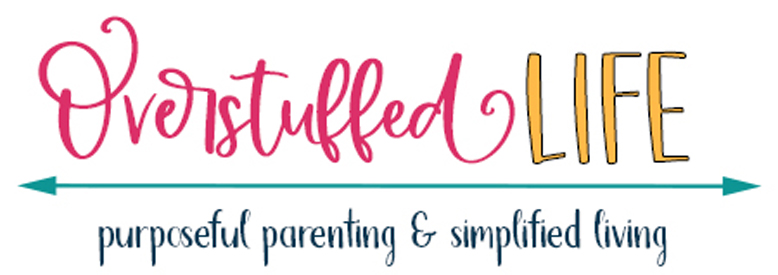The Truth About Self-Care
Self-care has become a trendy buzzword for women these days. It seems that everywhere I turn, I am hearing the advice to take care of myself before I take care of others. You can’t serve from an empty vessel, after all!

All of the people telling us to practice self-care are correct, of course. But, to quote a line from The Princess Bride, I don’t think that word means what they think it means.
How the world defines self-care:
- Treat yourself to ice cream if you want it.
- Take time to binge watch your favorite show.
- Do something you love every day.
- Ignore your chores and spend the day reading your favorite book.
- Spend an hour on your phone playing games or scrolling through Facebook.
Are you noticing what I am noticing? The many voices advocating for self-care are really advocating for self-comfort. While I think self-comfort in small doses can be a wonderful thing, it is not self-care. In fact, in many cases, it is the very opposite of self-care because it can lead to self-sabotaging, addictive, and selfish behaviors.

Self-care literally means to take care of yourself. If you are a mother, giving your child ice cream all the time or allowing them to ignore their chores to play on technology or binge watch the Disney Channel is not taking care of your child. Taking care of your children involves making sure they are clean, fed, clothed, healthy, educated, and well-rested.
Shouldn’t taking care of yourself look about the same as taking care of a chld?
How self-care is actually defined:
“Self-care includes any intentional actions you take to care for your physical, mental, and emotional health.” I would also add spiritual health. (source)
Historically, I have not been very good at practicing honest self-care. I have bought into the lies that the world has fed me and have been more likely to turn to self-destructive behaviors in the name of taking care of myself. That is one of the reasons I chose to do this series on small habits—nearly every habit I will touch upon comes back to self-care.
Sometimes I don’t shower because the thought of showering completely stresses me out. That right there should clue me into the fact that I am not taking care of myself the way I should! Why is taking a shower stressful? Because I have so much to do in a day, that taking the hour and a half to shower and get ready makes me feel anxious and overwhelmed.
But the thing is, if I do get showered and dressed and ready, we all know that I accomplish more—so what’s the big deal?
The big deal is that I am accustomed to putting my basic needs last.
It’s time to change that!

Note: Self-care perhaps embodies too much to consider it one small habit—instead many small habits comprise self-care, which is why I felt it important to write about in this series. Choose one or two things you may need to start incorporating into your own self-care, and leave the rest for now.
Ideas for true self-care:
Physical self-care
- Attend to basic grooming—bathing, shaving, plucking your eyebrows—all those things we sometimes don’t do because of the time involved, but always feel better having done.
- Eat right—eat often enough, eat lots of fruits and veggies, eat sugar in moderation, etc.
- Exercise—do something active every day whether that’s walking, attending a Zumba class, or heading to the gym for lifting and cardio.
- Sleep—go to bed early, arise early, and don’t sleep in.
- Medical—take your prescribed medications and supplements, take vitamins, see the doctor when you are sick and for annual check ups.
Mental self-care
- Meditate—yoga, prayer, a quiet moment in your bedroom
- Reduce stress—begin to say no more often, exercise, learn better time-management skills
- Do things you enjoy—hobbies, learning new things, reading (beware of the line between self-care and self-comfort here!)
Emotional self-care
- Communicate—spend time with spouse, children, or friends on a connecting level.
- Counseling—if you need it, you should definitely look into professional counseling. And, probably most of us need it.
- Journal—get a notebook or start a blog!
Spiritual self-care
- Spend time with God—pray, attend church, go out in nature, read scripture
- Be grateful—practice being thankful in your circumstances daily
I know which ones I’ll be working on this month, do you? I’m looking forward to turning my idea of self-care on its head and really starting to take care of me in a meaningful way.
- Small Habit: Take better care of yourself
- Big Difference: Feel better, have more time to serve others, be healthier in all areas
This post is part of a Small Habits That Will Make a Big Difference 30 day challenge. To see all of the posts in this series, click here. Or, join the challenge and receive a daily email with a new small habit that can affect your life in a big way.

Join the Small Habits/Big Difference Challenge!
To join, enter your email into the form at the end of this post. You will receive a daily email containing one new small habit.
This post may contain affiliate links, for more information, please see my disclosure.
Take the Challenge Now!

Want to change your life in great ways? Start small! Take the 30 day challenge and start making some big differences in your life today.
